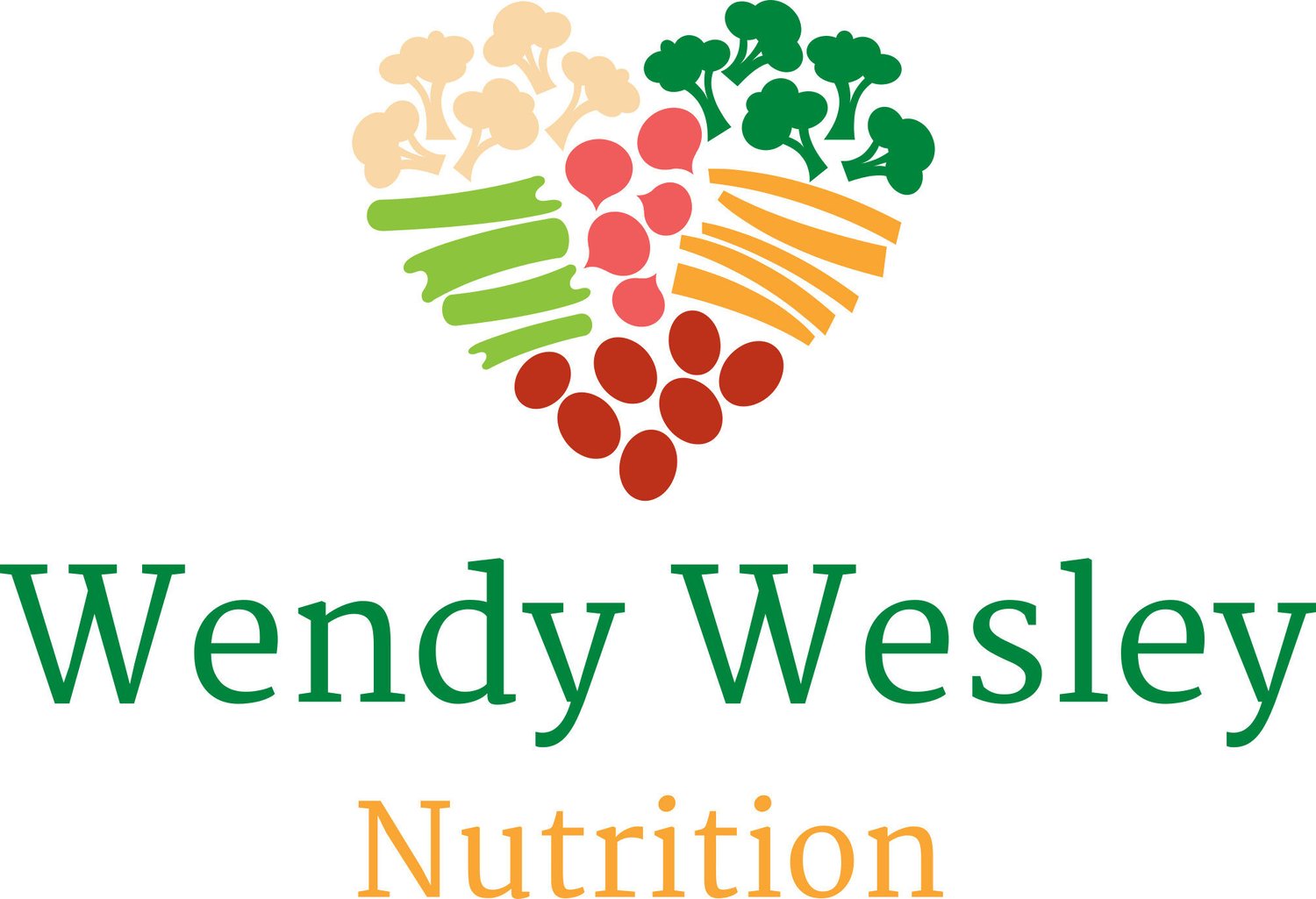Story by Margie Manning of the St. Pete Catalyst published November 5, 2020
The St. Petersburg Development Review Commission has advanced a measure that would expand the opportunities to grow and sell local produce in the city.
The proposal would amend the city’s land development regulations to allow for more community gardens, commercial gardens and greenhouses, and to let growers sell produce in more locations, including residential districts.
“I have grave concerns for nutrition insecurity in our city,” Wendy Wesley, a registered dietician and nutritionist representing the Suncoast Sierra Club, told the Development Review Commission. She supports the measure. “These amendments will provide a framework to increase local food production through home and community gardens, which will provide valuable food resources for years to come.”
Another supporter at the Wednesday DRC hearing was Carla Bristol, a St. Petersburg businesswoman who works with the St. Pete Youth Farm, established in 2019 to provide access to nutritious food in South St. Petersburg.
“The additional benefit of being able to sell food in the community, especially since we have not been able to attract a large-scale healthy food option within the community … I see this as being an absolute win-win for our city,” Bristol said.
The proposed amendments would:
• Eliminate the not-for-profit requirements for community gardens and extend the initial permit period.
• Allow commercial gardens and greenhouses as permitted uses, rather than special exceptions, in industrial traditional and industrial suburban zones.
• Allow sales of produce grown onsite on residential properties in single-family and multi-family districts. That includes value-added and honeybee products. Home produce sales would be allowed up to 12 events per year and up to three days per event — on Fridays, Saturdays and Sundays during daylight hours.
• Amend landscape maintenance standards to allow staking of plants and a height limit of 48 inches for edible plants.
• Allow garden-related structures, including hoop houses, cold frames, greenhouses and vertical structures.
• Allow produce sales from vehicles and on vacant non-residential property city-wide.
Wesley asked the city to consider height limits beyond 48 inches to allow for growing all kinds of fruits and vegetables. Bristol asked that the number of permitted sales be increased. Other speakers at the hearing asked for expanded sales for honeybee products.
The DRC voted unanimously to advance the proposed amendments to the City Council, finding they were in keeping with the city’s comprehensive plan. The City Council, which could make additional changes to the proposed amendments, is schedule to hold hearings on the measure at 1:30 p.m. on Nov. 12 and at 5 p.m. on Dec. 10.

